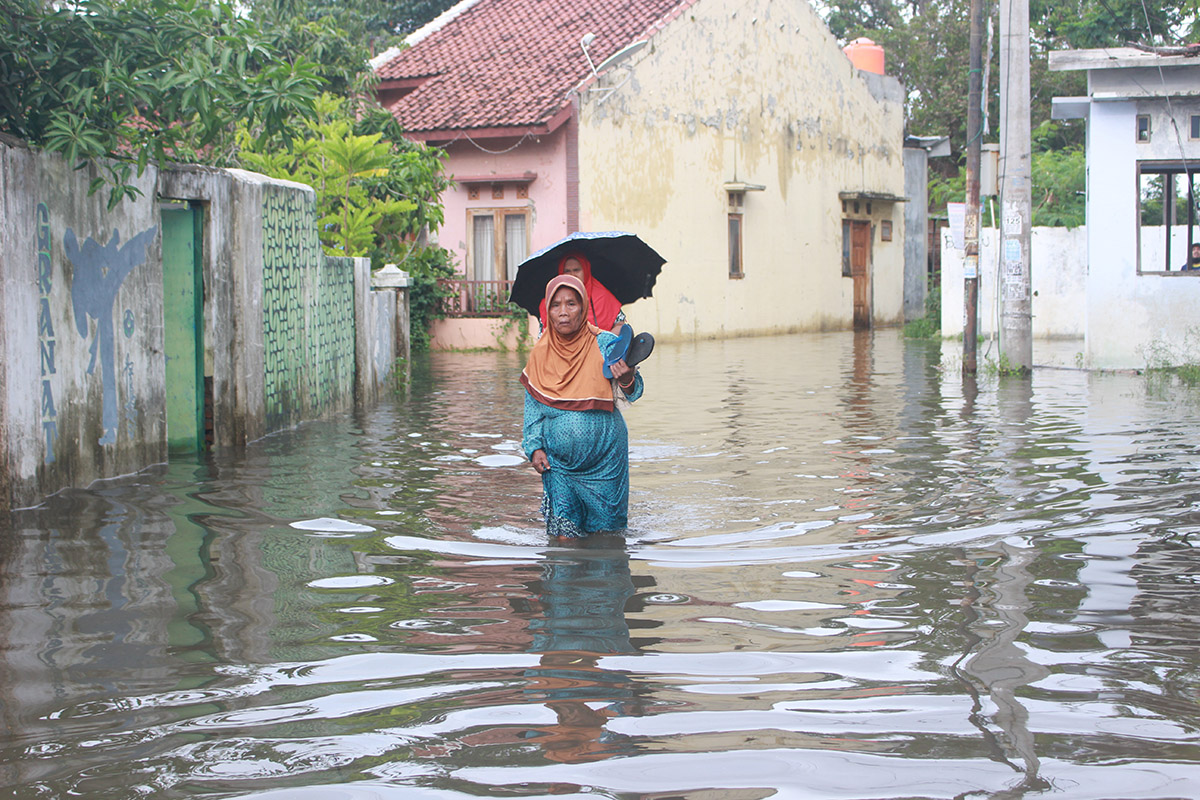“Broken promises mean education is at risk”
October 1 There have been many promises on the issue of universal education, but as Musa Temidayo, 25, a Commonwealth Correspondent from Nigeria writes, many of those commitments have not been met. Combined with ongoing conflict, the result threatens the goal of education for the world’s children.
There have been many promises on the issue of universal education, but as Musa Temidayo, 25, a Commonwealth Correspondent from Nigeria writes, many of those commitments have not been met. Combined with ongoing conflict, the result threatens the goal of education for the world’s children.
Education has emerged to be on the frontiers of major global discussions, along side global warming and terrorism.
We hear a lot these days about the growing concerns for out-of-school children and education in the emergencies.
Also, we have had a lot of promises made to end these growing numbers. One thing that world leaders fail to understand is that the waiting period between promises and actual delivery has an effect on these growing numbers of children who needed the funds to go back to school and start learning.
Aside from the world war periods, the world is experiencing the worst humanitarian crisis in history. Before the start of conflict in Syria, nearly every child there was enrolled in primary school, but by 2013 about 1.8 million children were out-of-school. It took only a space of two years of civil unrest to erase all education progress made since the beginning of the century. It is estimated that 36 per cent of out-of-school children in the world live in areas of conflict.
Armed conflicts continue to destroy not just school infrastructure but also the hopes and ambitions of school children. Children are forced out of school. There has been breakdown of social and economic order and provision of basic amenities. In the long run, learning becomes hard, intermittent and, in some cases, dead.
According to UNESCO Institute for Statistics, 24 million children will never enter a classroom and half of all out-of-school children in sub-Saharan Africa will never enroll. Girls are the most disadvantaged, as 80 per cent of out-of-school girls are unlikely to start school compared to just 16 per cent for boys.
Over the past decade, donor countries have reduced their aid to basic education, putting the priority on education very low. In other reports, it is revealed that only two per cent of humanitarian aid has gone to education. There are a total of 124 million children out-of-school. Yes, 124 million and these numbers are growing! According to the UIS, it will cost an extra $40 billion to provide 12 years of education to everyone in low and lower-middle income countries. To fit this shortfall, donor countries must increase their commitment by six hundred per cent.
Despite many conferences and education summits organised to raise awareness and funds for these out-of-school children, it is so heart-breaking to say that as schools resumes , many of these children whose education relies on the pledges of world leaders and donor countries might not be resuming school if something is not done.
According to TheirWorld, it is opined that funding must be made available by the end of 2016, with upfront commitments provided by the start of the school year. In this light, transparency and openness is required. This will help in tracking and monitoring the funds pledged and disbursed. Part of the problem with the London Conference pledge is that most donors have failed to meet even the most basic criteria for transparency, which makes it difficult to track delivery. While the headline number is large, opaque reporting systems obscure how much of the pledge represents new and additional finance, the time-period for delivery, and whether the spending will be channeled through projects or government programmes.
As the new school calendar is coming to a start, a lot of ground-breaking advances can be achieved by having all the necessarily committed funds in place, but the window to achieve this is closing. The backlash of this is that there might be a reverse of all of the progress achieved. All of the pledges made have not been redeemed with cash transfers,, yet education cannot wait.
To many of these children, education is the only thing that gives them hope.
photo credit: kennysarmy Day 138/365 : 8.5.13 via photopin (license)
…………………………………………………………………………………………………………………
About me: I am an education and research enthusiast and essayist who studied International Relations at Obafemi Awolowo University.
Once upon a time, I was the Editor-in-Chief for DIPLOMAG.
I am an Ambassador for A world At School (UK), Director of Advocacy for Organization of African Youth for Development & Peace and also belongs to several bodies with a great passion for education advocacy, human rights and youth development.
I am also the fictional leader of #Taylor-swift’s fan in Nigeria.
You can reach me on email: musatemidayo@yahoo.com
…………………………………………………………………………………………………………………
Opinions expressed in this article are those of the author and do not necessarily represent the views of the Commonwealth Youth Programme. Articles are published in a spirit of dialogue, respect and understanding. If you disagree, why not submit a response?
To learn more about becoming a Commonwealth Correspondent please visit: http://www.yourcommonwealth.org/submit-articles/
…………………………………………………………………………………………………………………




